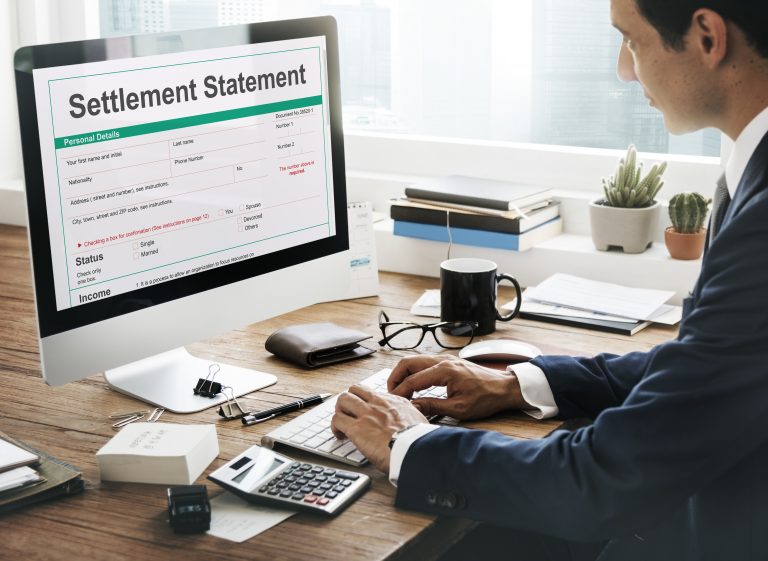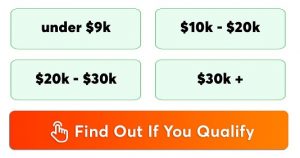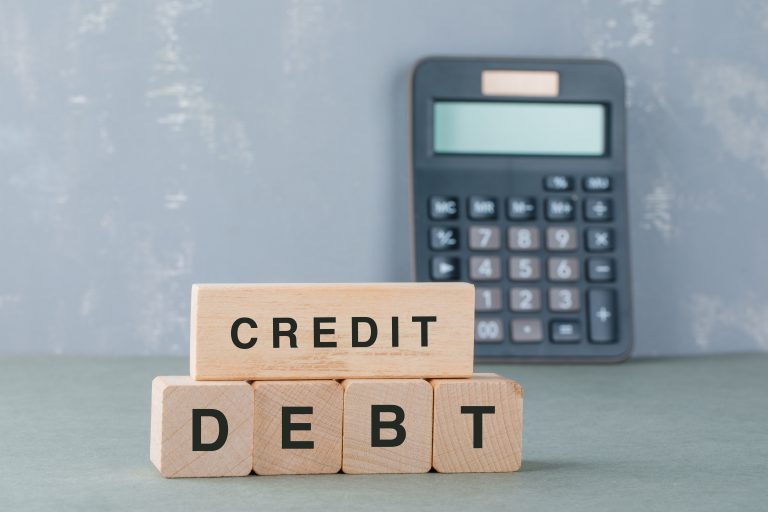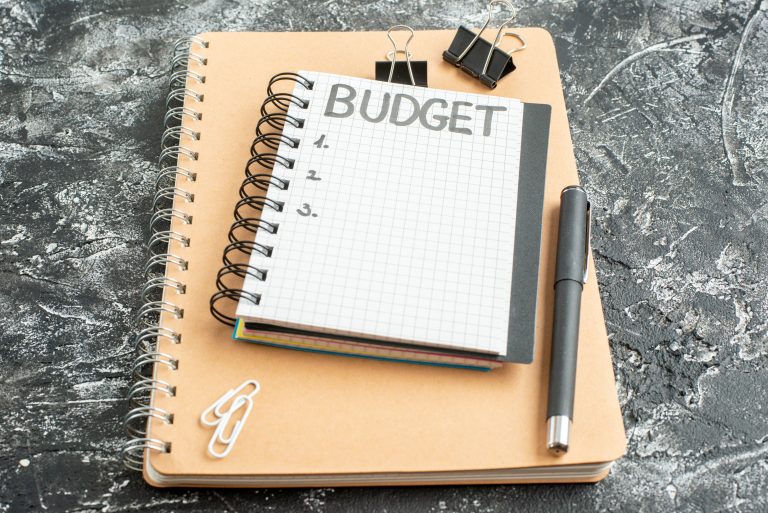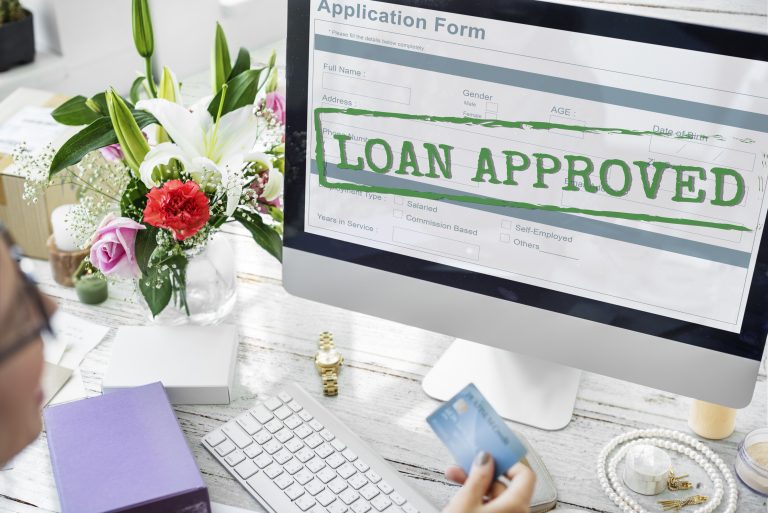If you’re having trouble managing debt, there are many options that may aid you. These include settlement, credit counseling, and bankruptcy, the dreaded last resort. Aside from these, you may also use debt consolidation for your financial troubles. It helps you pay off your debts easier by combining them into an aggregate sum with a lower interest rate.
You take out the consolidation loan to pay off the total of your unsecured debts. These include credit card balances, student loans, and other personal loans that have no collateral attached. The lump-sum pays off multiple debts simultaneously, so you now have just one with lower interest. This provides a simpler debt payoff than having several at once.

Qualifying for debt consolidation
You must be eligible for certain consolidation loans. Specifically, your access to these loans and their quality will depend on various personal factors. Lenders are not willing to hand over money to people who may not be able to return it. This is why they are keen on filtering applicants before offering options.
One of the first documents they require is your proof of income. After all, you are definitely more likely to repay lenders if you are earning a living. They will compare this with your desired amount and assess if you earn enough to pay on time. If not, they may decline to hand you the loan or charge higher interest rates and stricter terms.

Most importantly, they will analyze your credit report. This is a document your employer may have required before hiring, and lenders need it in a similar fashion. It contains your payment history, late payments, and other credit history details. All this information is gauged in a three-digit number for an easier assessment called a credit score.
Lastly, they will also need information regarding your assets suitable for collateral. These include your possessions like your car or house that may increase the likelihood of loan approval. Lenders may grant you a loan if you agree to forfeit some assets upon failure to pay on time.
Improving eligibility for debt consolidation
If you have bad credit, you may think that debt consolidation is not for you. In fact, you may receive limited loan amounts or tightened repayment terms because of it. However, there are still ways for you to get debt consolidation. These include secured debt consolidation, authorized card status, and co-signers.
As we’ve mentioned, you may get consolidation loans with collateral. While there are unsecured options, these are reserved for those with better credit. By agreeing to include your house or your car as collateral, you may get better deals from your lenders. While you risk a valuable asset in doing so, you may earn better deals in return.
In addition, you may ask a friend or relative with good credit to include you as their card’s authorized user. This may improve your credit score and persuade lenders into giving you better loan conditions. Your friend or relative won’t even need to let you use the card, so they wouldn’t need to worry.
Lastly, you may ask those same people to co-sign your loan. This acts as a guarantee for lenders since the co-signer will also agree to pay back. As a result, they feel assured in offering you better loans. Unfortunately, beware of damaging your relationship with your co-signer as this may stress your connection with them.
Check if you qualify in two simple steps
Step 1 – Select your debt amount below to see if you’re eligible
Step 2 –Answer a few quick question & join thousands of American on the path to saving money on interest rate unsecured debt
Debt consolidation methods
There are various ways to proceed with debt consolidation aside from taking out loans. One of them is by using credit card balance transfers. These function similarly to regular plastic swipers, but they are used to pay credit card debts with one loan. Like typical credit cards, these have monthly payments that may charge 0% interest during an introductory period.
The temporary absence of interest enables you to pay the debt principal directly. However, you must complete your payments on time before the intro duration ends. Otherwise, you’ll be charged the same interest as normal credit cards. The balance transfer card may become counterproductive as it may sink you further into debt.
Another one involves refinancing your home equity for a loan. This amount is your current house’s value minus your existing mortgage. You may borrow around 85% at maximum. Keep in mind that your home will be taken as collateral if you fail to pay on time. Alternatively, you may take out smaller portions of equity through home equity lines of credit (HELOC).
Lastly, you may also refinance your 401k as a loan. However, it should be done only when absolutely necessary due to the extreme risks involved. You are essentially borrowing from your future retirement and jeopardizing it if you fail to complete payment. Worse, you will have to pay the debt in full with an additional 10% penalty if you lose your job.
Debt consolidation calculator
You may consult your nearby brick-and-mortar bank for this loan, but there are better options available online. Online lenders may require fewer fees and they usually provide online debt consolidation calculators for free. These facilitate your selection for consolidation loans online using your credit information and personal data.

These calculators will require your income and credit details, then it will list the financial institutions that have loans available. Furthermore, these will elaborate on your potential loan terms and conditions from the corresponding lenders. The extensive details on fixed rates and other terms help you make better-informed choices.
You may check your eligibility in two simple steps!
Step 1 – Select your debt amount below to see if you’re eligible
Step 2 – Answer a few quick question & join thousands of American on the path to saving money on interest rate unsecured debt
Summary
Debt consolidation may be just what you need to improve your financial situation. You should check other debt relief options if consolidation doesn’t fit your needs. More importantly, you should save money and follow other healthy financial habits. This will prevent future financial problems and improve your credit rating.

